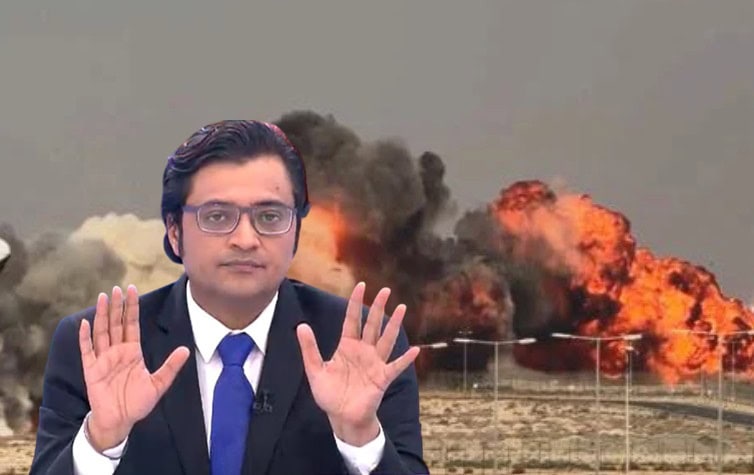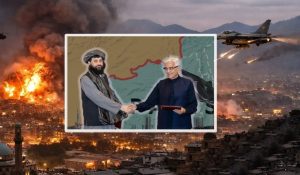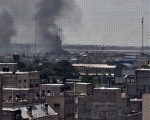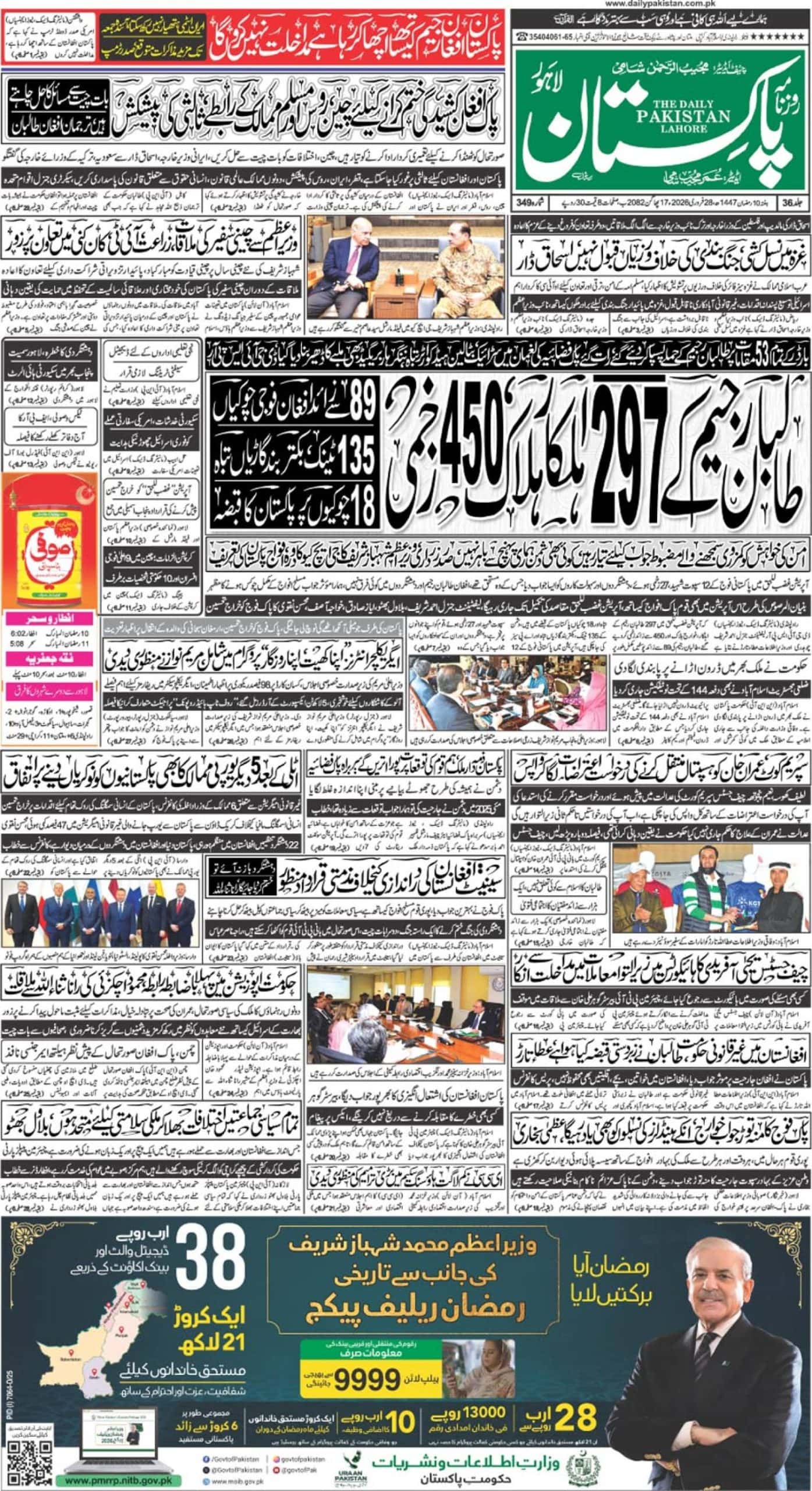DUBAI – Indian media faced renewed scrutiny after sensational on-air claims emerged in wake of Tejas fighter jet crash at the Dubai Airshow.
Tejas Crash remained in global news, which preliminary observers linked to a low-altitude manoeuvre gone wrong, quickly became the subject of politically charged speculation on Indian television.
Republic TV host Arnab Goswami alleged without evidence that the United States and General Electric were responsible for the mishap, saying the US engine maker maintains “unfriendly ties” with New Delhi and intentionally slows deliveries of advanced engines. Goswami further hinted at the supposed US government role, reviving long-debunked conspiracy narratives about Washington allegedly fearing India’s Tejas program.
Indian media is now blaming the US for the Tejas crash.
Listen up Americans, you have been warned, India is unhappy, RECTIFY!pic.twitter.com/qmUETmK2Jw
— Zhao DaShuai 东北进修🇨🇳 (@zhao_dashuai) November 22, 2025
Joining him, retired Major General G. D. Bakshi claimed New Delhi paid billions for new engines that had not arrived, suggesting deliberate obstruction from Washington. Neither analyst provided documentation or corroboration for their accusations.
The dramatic allegations quickly drew widespread ridicule online. Viewers criticised TV commentary as “embarrassing” and “uninformed,” noting that airshow incidents are often linked to pilot error or high-risk aerobatic demonstrations rather than geopolitical sabotage.
Tejas fleet has rare history of engine-related crashes and the Dubai mishap aligned more closely with standard aerobatic risk factors.
Tejas Jet Crash in Dubai puts Indian Air Force corruption under global spotlight













